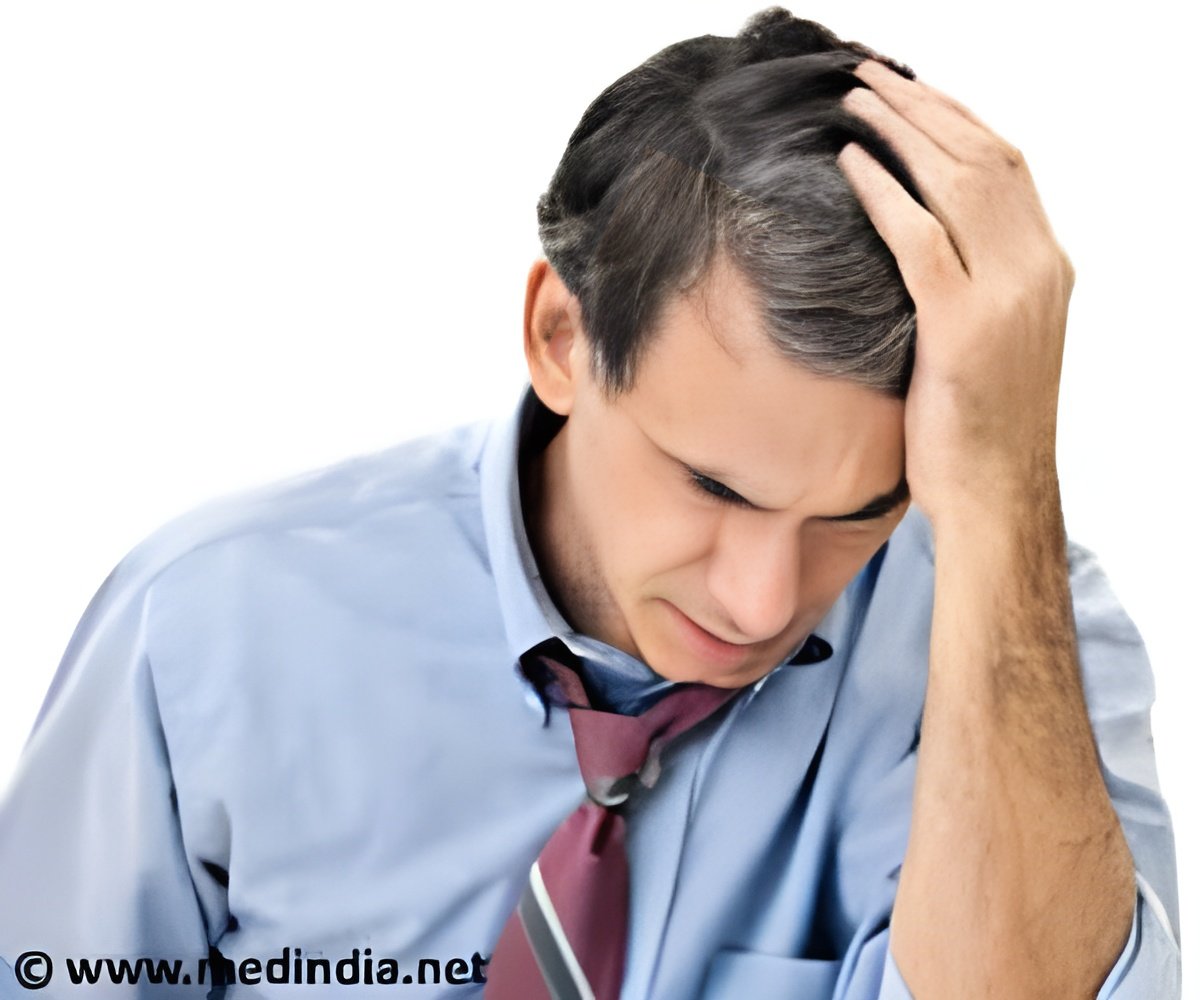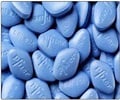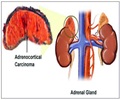
For the study, 76 men with ejaculatory dysfunction were assigned to receive either a 2% testosterone solution applied on the skin or a placebo. 66 men completed the study, and to gauge ejaculatory function, researchers collected semen samples and had participants complete sexual health questionnaires and logs. The researcher team found no or little improvement in ejaculate volume or orgasmic function in men who received the testosterone replacement therapy.
Shehzad Basaria from Brigham and Women's Hospital and Harvard Medical School in Boston said, "Our results suggest physicians who are treating men with ejaculatory dysfunction need to look at other reasons for delayed ejaculation than hypogonadism. Hypogonadism is a condition that results from low testosterone levels."
The authors suggested the need for more research to determine whether a longer course of testosterone therapy or other treatment options can benefit men with ejaculatory dysfunction.
The study appeared in the Endocrine Society's Journal of Clinical Endocrinology & Metabolism.
Source-IANS















